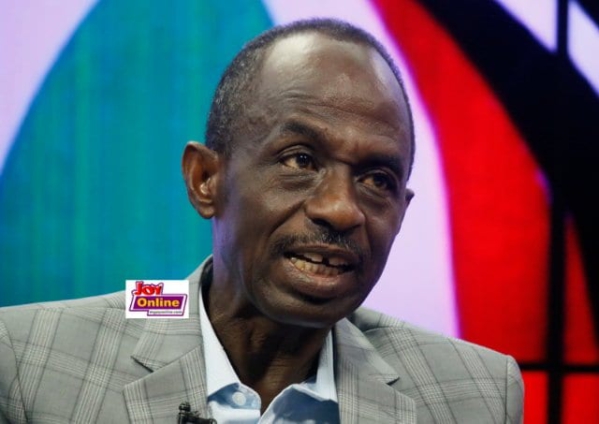The National Democratic Congress (NDC) has proposed for a split of the Electoral Commission (EC) into two separate and distinct bodies.
This will comprise an Office of the Regulator of Political Parties (ORPP) responsible for the registration and regulation of political parties and an Electoral Commission (EC) responsible for the conduct of Presidential, Parliamentary, District Assembly and Unit Committee and other public elections and referenda.
The suggestion forms part of the NDC’s technical committee report on proposals for electoral reforms.
Mr Johnson Asiedu Nketiah, General Secretary of the NDC, at a news briefing on the committee’s report, said they put together an eight-member committee chaired by Nana Ato Dadzie to engage and consult on issues regarding elections in the country.
The committee identified eight election-related problems including; the violence and militarisation, lack of credible consultative process, a clear absence of level playing field for elections, among others.
Mr Asiedu-Nketiah, touching on the 34 recommendations contained on the party’s position paper on electoral reforms, proposed that the Inter-Party Advisory Committee (IPAC) should be backed by legislation and that its composition and functions spelt out.
He said members of the EC should be appointed by the President in consultation with the Council of State and prior approval by Parliament, provided that the Chairperson of the Commission must be approved by two-thirds of the house.
The EC, he said, should be given the right by law to apply to court to remove deceased and other unqualified persons from the provisional register based on the information provided by relevant state institutions.
The NDC General Secretary said the EC should ensure that recruitment for the various categories of election officials was made non-partisan.
“The available positions should be advertised and non-partisan incompetent persons selected after interviews. The selected persons should then be given appropriate training,” he added.
Mr Asiedu-Nketiah said they should be a comprehensive legislation dealing with election security, which outlined specific roles for security agencies during elections.
He said the military must not be deployed in civilian elections under any circumstance.
Latest Stories
-
At least 14 dead in South Korea floods and landslides
42 minutes -
You’ve kept to the objective – Chief of Staff Julius Debrah hails MGL
1 hour -
Cape Coast hosts final leg of National Talent Identification Program for Para athletes
3 hours -
ESG and Boardroom Decisions: How Non-Financial Drivers Shape Financial Outcomes
3 hours -
Robust anti-laundering fight critical for regional stability – Veep
7 hours -
Car ploughs into crowd outside LA nightclub, injuring 30
8 hours -
GNAT President calls for parliamentary legislation to protect reinstated PTAs
10 hours -
NPP Abanga blames his NDC twin brother for his misfortune
11 hours -
NPP Abanga breaks ranks to shield NDC twin brother in ‘galamsey’ accusations
12 hours -
Saminu Abdul Rasheed smashes national record again with 9.84s sprint in Georgia
13 hours -
Blekusu Coastal project: We’re reclaiming our coastlines – Housing Minister
15 hours -
Pricey plantains push Ghana’s market sellers to diversify
15 hours -
Full list: NPP delegates approve 54 reform motions, reject proposals on youth age, election supervision
16 hours -
WAFCON 2024: Cynthia made it easy – Chantelle hails goalkeeper after penalty saves
16 hours -
Cyber Security Authority boss suspended over use of military bodyguard
16 hours

